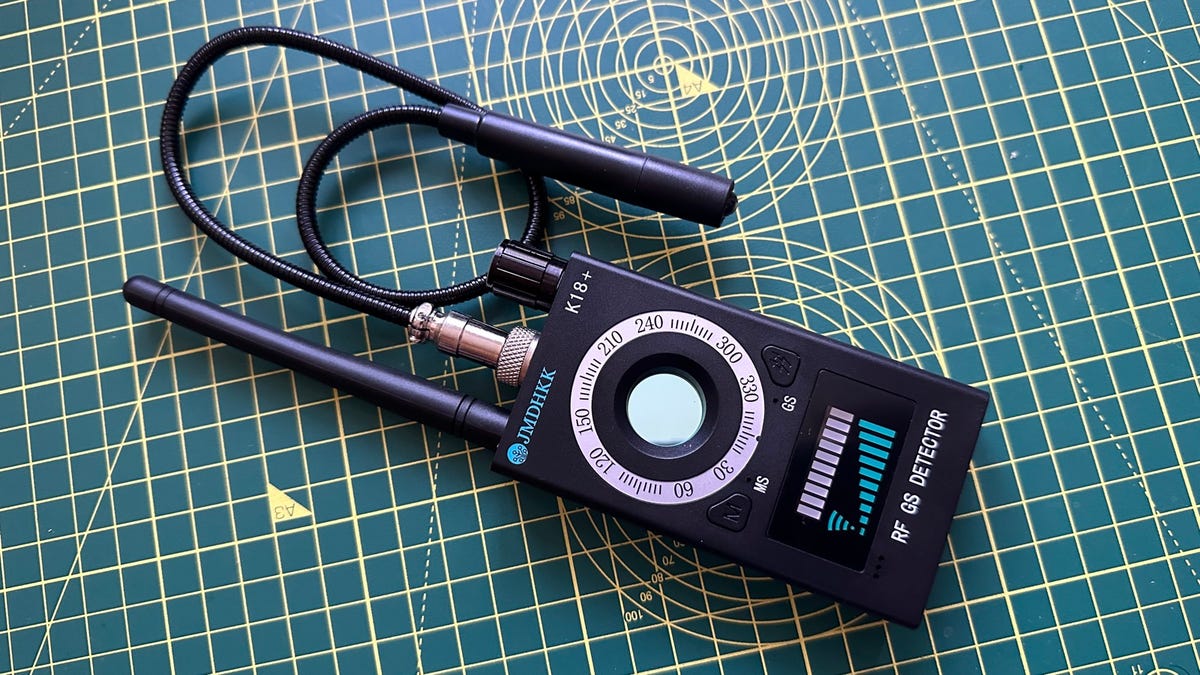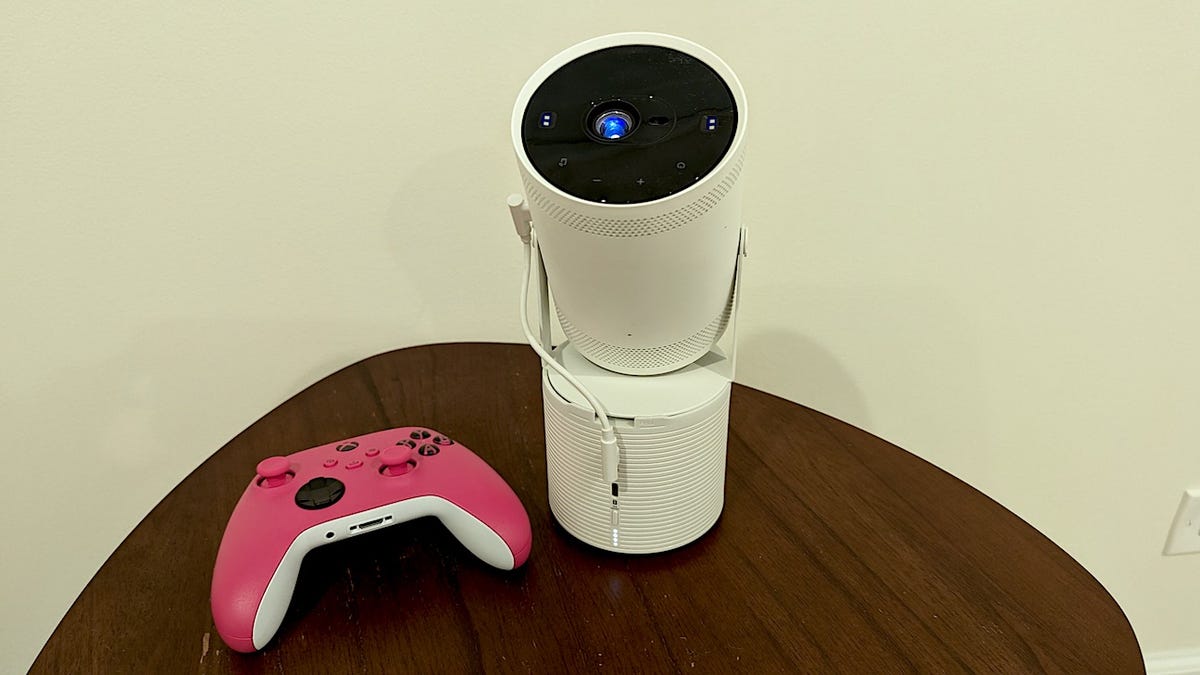BOOK THIS SPACE FOR AD
ARTICLE ADFinnish telecom network equipment maker Nokia reported an unexpected rise in its second-quarter underlying profit on Friday despite the COVID-19 crisis, while its new Chief Executive Officer Pekka Lundmark takes over this weekend.
Lagging behind its rivals China's Huawei and Sweden's Ericsson in 5G network sales, Nokia said its April-June underlying earnings rose to EUR 0.06 per share from a profit of EUR 0.05 a year ago, beating the EUR 0.03 consensus in a Refinitiv poll.
Nokia, which had warned of a weak second quarter due to the virus, upgraded its forecast for 2020 underlying earnings per share to between EUR 0.2 and EUR 0.3 from EUR 0.18 to EUR 0.28.
Its more profitable Nordic peer Ericsson reported a rise in 5G network sales and software revenue two weeks ago, and also maintained its financial targets for 2020 and 2022.
However, Nokia's quarterly revenue fell 11 percent to EUR 5.09 billion (roughly Rs. 45,071 crores), missing the EUR 5.28 billion (roughly Rs. 46,755 crores) consensus figure, according to Refinitiv data.
Nokia-level revenue was down in the quarter, with the majority of that the result of COVID-19 as well as a sharp decline in China, its outgoing Chief Executive Officer Rajeev Suri said in a statement.
The company estimated that COVID-19 hurt net sales by about EUR 500 million (roughly Rs. 4,428 crores) in the first half of the year.
"We expect that the majority of sales missed in the quarter due to COVID-19 will shift to future periods," Suri said.
Suri, who steps down after more than a decade in charge of Nokia and Nokia Siemens Networks, leaves the company to his successor Pekka Lundmark with weak profitability in a highly competitive market situation.
The leadership change at Nokia comes as turbulence prevails in European telecoms markets, with increasing pressure from certain governments for operators to exclude or limit the usage of 5G equipment from China's Huawei Technologies.
Lundmark, who takes over on Saturday, will team up with new chairwoman Sari Baldauf.
© Thomson Reuters 2020
.png)
 4 years ago
177
4 years ago
177 













 Bengali (Bangladesh) ·
Bengali (Bangladesh) ·  English (United States) ·
English (United States) ·